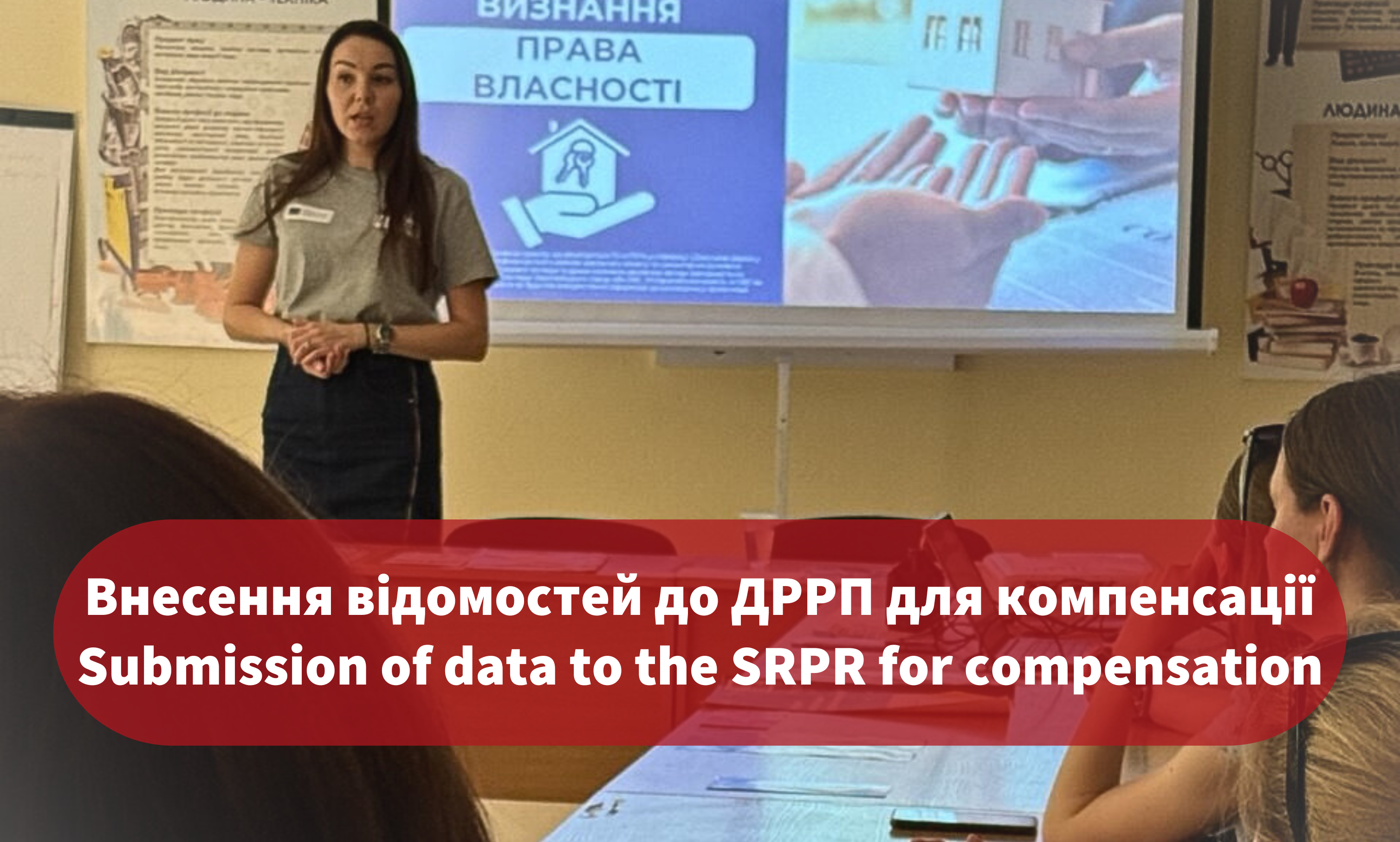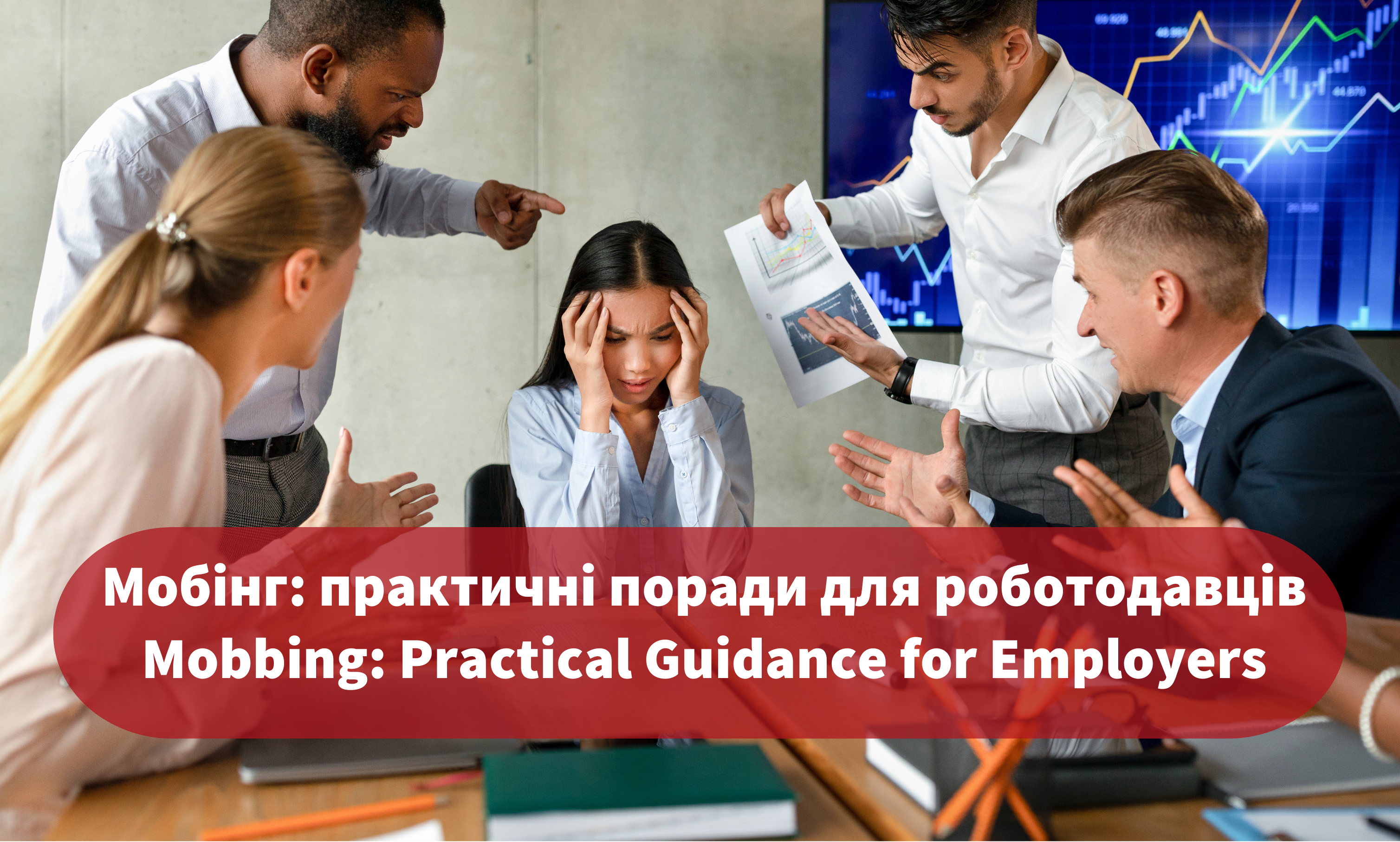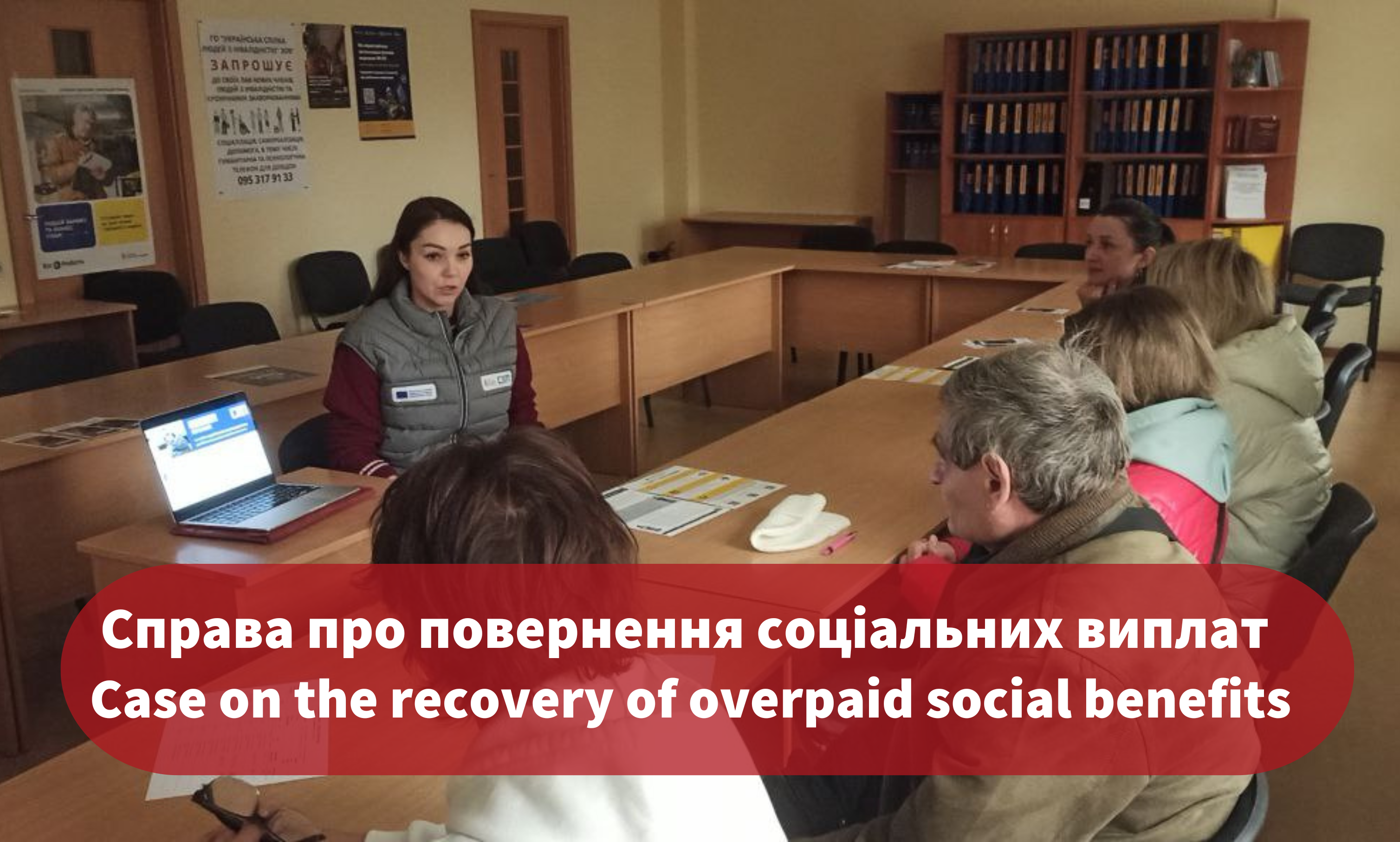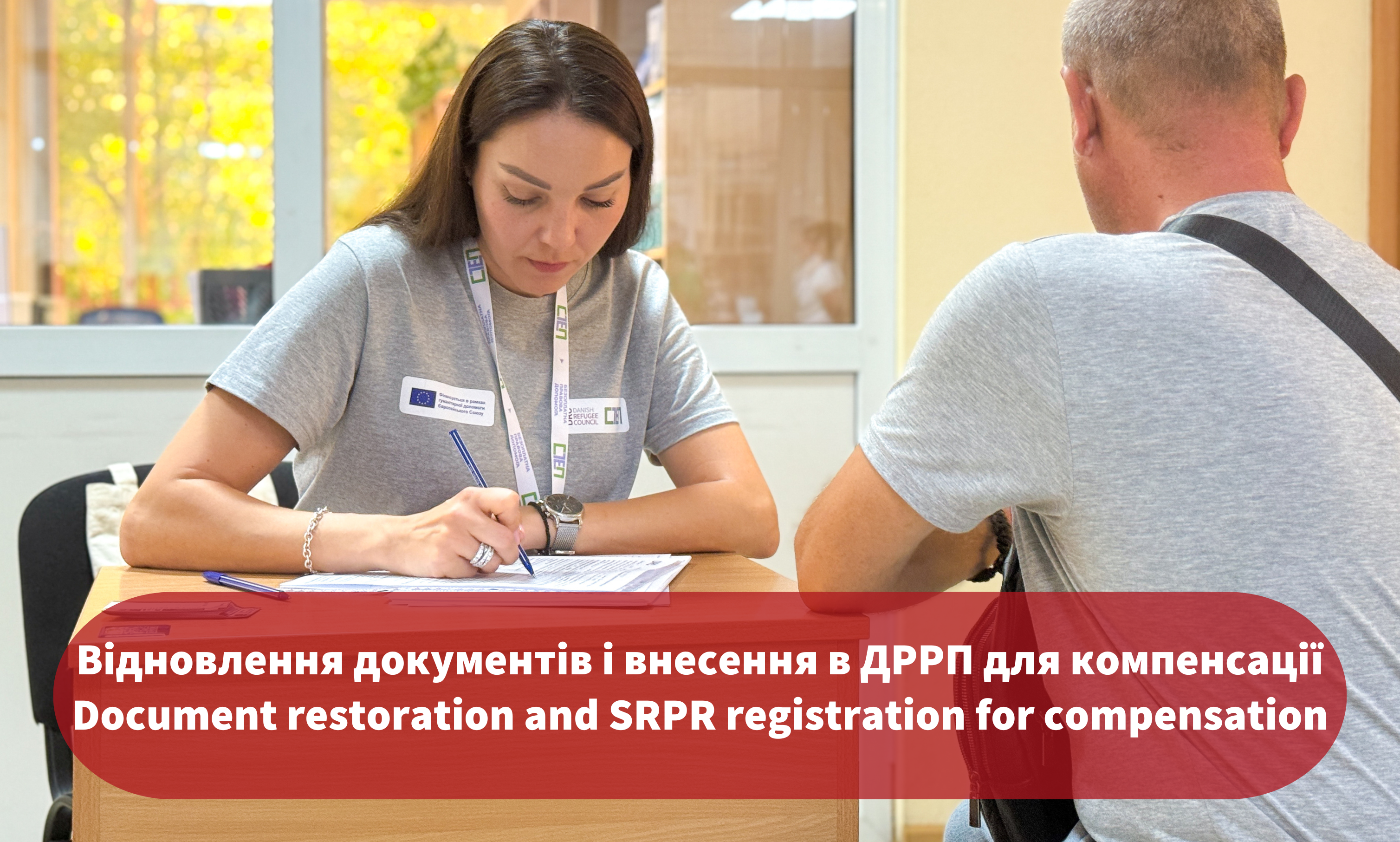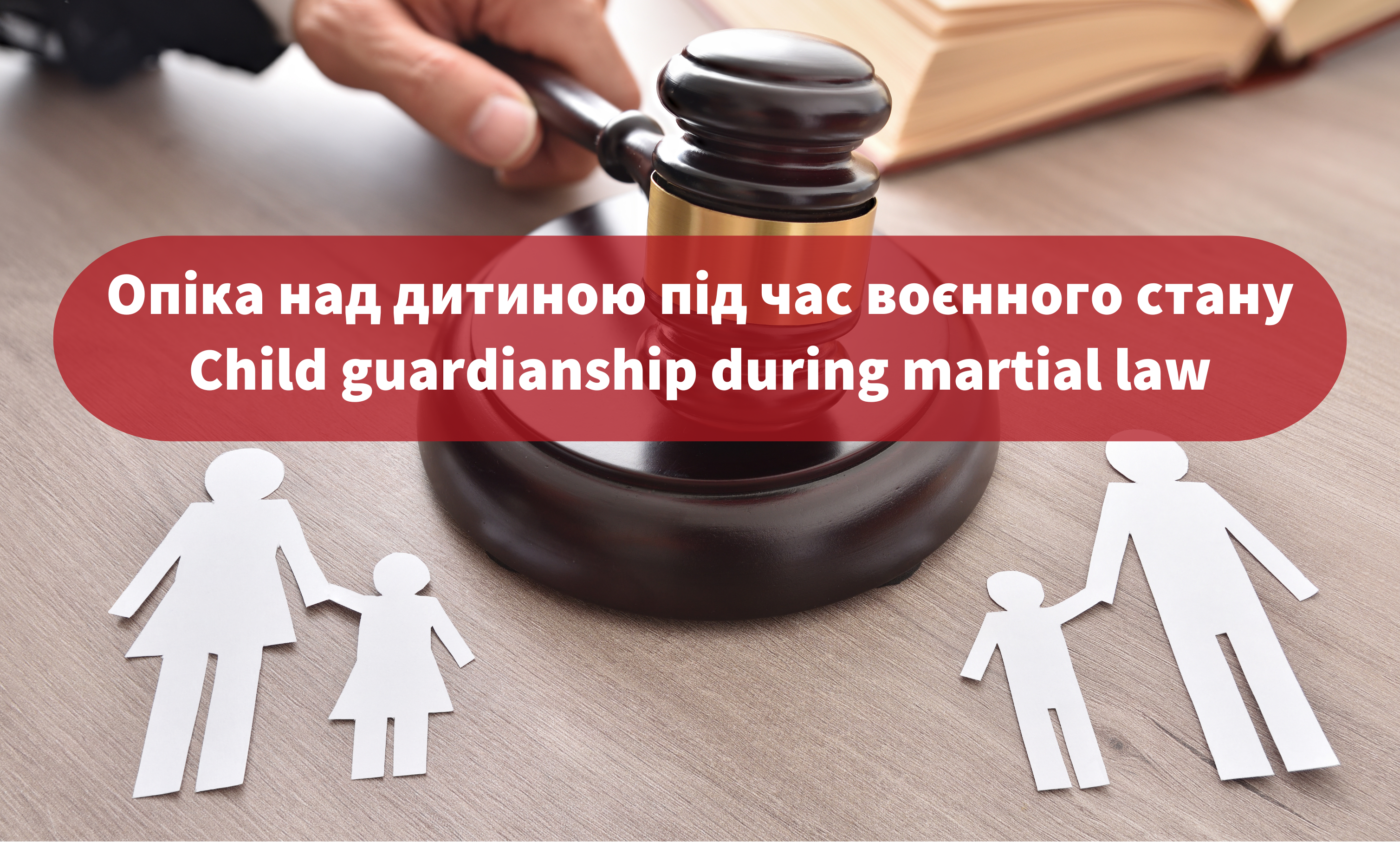28/01/26
0
Iryna and Hryhorii lived in the city of Avdiivka, Donetsk Oblast, and were owners of an apartment privatized in the early 2000s. In 2022, the couple was forced to relocate to the city of Dnipro.
Later, it became known that the apartment had been destroyed as a result of hostilities. When submitting an application for compensation for the destroyed housing, it was discovered that ownership rights to the apartment had not been registered in the State Register of Property Rights to Immovable Property. The state registration had been carried out in 2002 by the Donetsk Bureau of Technical Inventory, whose archives are currently located in a temporarily occupied territory, making it impossible to obtain the necessary supporting records.
In February 2025, the couple sought legal assistance from a lawyer of the Charitable Foundation Caritas Mariupol. The lawyer provided a consultation, collected the required documents, and prepared a statement of claim to the court seeking recognition of ownership rights. Alongside legal support, Iryna and her husband also required financial assistance to cover court fees, as without such payment court proceedings could not be initiated. For people who found themselves in these adverse circumstances, any additional expenses were significant.
The court satisfied the claim. After the court decision entered into legal force, the couple registered their ownership rights to the apartment in the State Register of Property Rights to Immovable Property and submitted an application for compensation for the destroyed housing under the state program.
In addition, in September 2025, based on the registered ownership rights, the couple submitted an application to the International Register of Damage (RD4U) for lost housing (category A3.1).
If you have faced a similar situation, you can contact the lawyer who handled this case and get a consultation through the PravoVsim legal platform at the link.
Access to free legal aid for internally displaced persons in Dnipropetrovsk Oblast became possible thanks to the partnership between the Charitable Foundation Caritas Mariupol and the Danish Refugee Council, with funding provided by the European Union.
26/01/26
0
23/01/26
0
16/01/26
0
14/01/26
1
14/01/26
1
05/01/26
1
26/12/25
0



